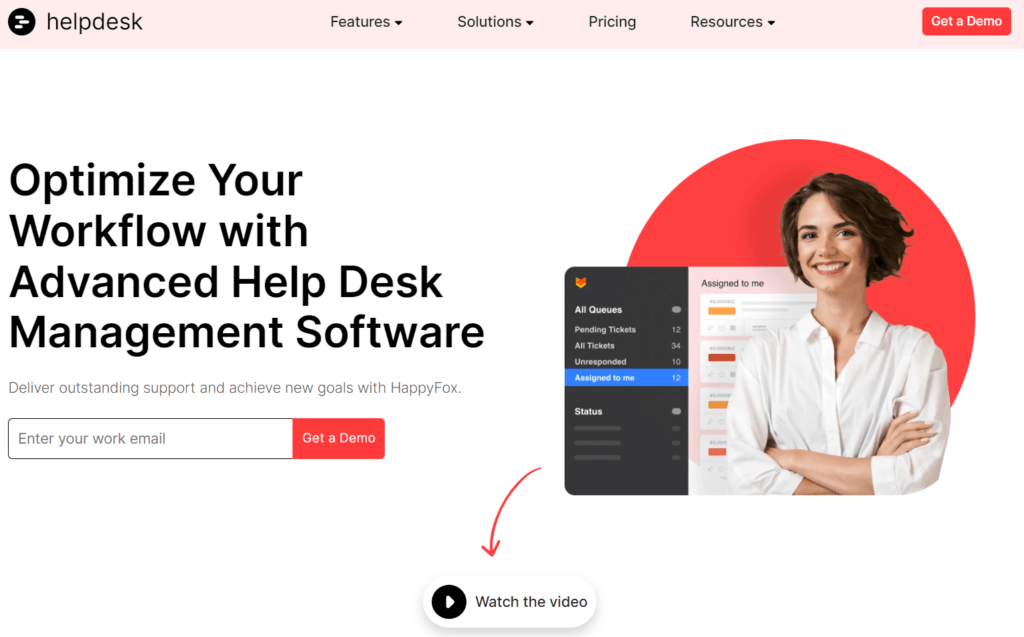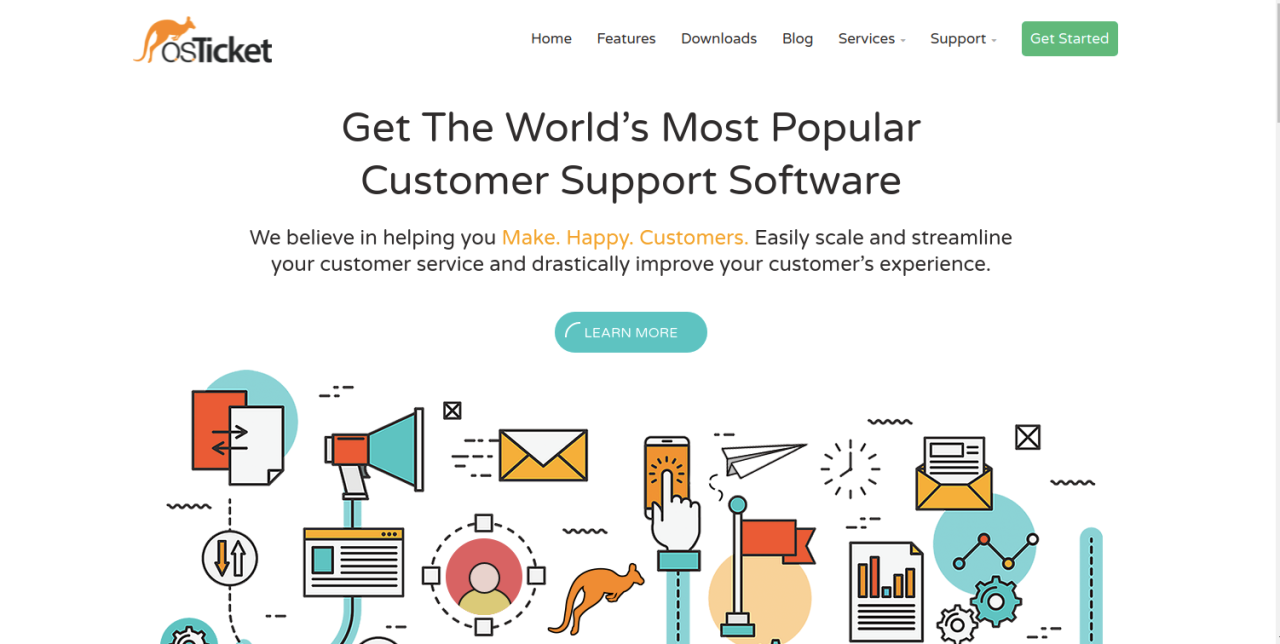In the evolving landscape of small businesses, implementing an effective IT ticketing system has become a game-changer. This system not only streamlines the handling of IT requests but also enhances overall efficiency and customer satisfaction. By facilitating smooth communication between IT teams and users, a ticketing system ensures that issues are resolved promptly, allowing businesses to focus on growth and innovation.

Moreover, an IT ticketing system aids in tracking and managing requests, providing valuable insights into recurring issues and helping to prioritize tasks. This ability to monitor performance and user feedback can lead to improved service delivery and foster a proactive approach to IT management. By leveraging technology, small businesses can optimize their operations, ensuring they are well-equipped to tackle the challenges of today’s digital environment.
In recent years, mental health has emerged as a critical topic of discussion, gaining recognition for its significant impact on individuals and communities alike. While physical health often receives more attention, the importance of mental well-being cannot be overstated. This article aims to delve into the reasons why mental health awareness is essential, the stigma surrounding it, and the steps we can take to promote a healthier society.
Understanding Mental Health
Mental health encompasses our emotional, psychological, and social well-being. It influences how we think, feel, and act, affecting our ability to handle stress, relate to others, and make choices. Mental health is vital at every stage of life, from childhood and adolescence through adulthood and aging. Conditions such as depression, anxiety, and bipolar disorder can affect anyone and are often exacerbated by societal pressures, economic challenges, and personal experiences.
The Stigma of Mental Health
Despite the increasing awareness, stigma remains a substantial barrier to mental health treatment and support. Many individuals avoid seeking help due to fear of judgment or discrimination. This stigma can manifest in various ways, from negative attitudes to outright discrimination in the workplace. Such societal perceptions can lead to feelings of isolation and shame for those struggling with mental health issues, discouraging them from reaching out for help.
Why Mental Health Awareness Matters
Mental health awareness is crucial for several reasons:
- Promotes Understanding: Awareness initiatives help educate the public about mental health conditions, fostering empathy and understanding. When people are informed, they are less likely to perpetuate stigma.
- Encourages Treatment: By increasing awareness, we can encourage individuals to seek help without the fear of being labeled. Early intervention can significantly improve outcomes for those with mental health conditions.
- Improves Workplace Environment: Organizations that prioritize mental health awareness create a supportive work environment, leading to increased productivity and employee satisfaction. This is especially relevant in today’s fast-paced work culture where burnout is common.
- Strengthens Communities: When communities come together to support mental health awareness, they foster an environment of trust and solidarity. This can lead to the development of local support groups and resources.
Ways to Promote Mental Health Awareness
There are numerous ways individuals and organizations can promote mental health awareness:
- Education and Training: Offering workshops and training sessions on mental health topics can equip people with knowledge to better understand their own mental health and that of others.
- Social Media Campaigns: Utilizing social media platforms to share information, personal stories, and resources can reach a wide audience and help normalize conversations around mental health.
- Community Events: Organizing community events focused on mental health can provide safe spaces for conversation and connection. Activities like awareness walks, panels, or support groups can be beneficial.
- Advocacy: Support policies that promote mental health care access, funding for mental health services, and research into mental health conditions. Advocacy can create systemic change.
The Role of Technology in Mental Health
Technology plays an increasingly vital role in mental health awareness and care. Online resources, apps, and teletherapy have made mental health support more accessible than ever. Here are some ways technology is transforming mental health care:
- Accessibility: Online platforms provide access to mental health resources and professionals, allowing individuals to seek help from the comfort of their own homes.
- Anonymous Support: Many people feel more comfortable discussing their mental health issues anonymously, which can lead to more open conversations and help-seeking behavior.
- Self-Help Tools: Various apps and online resources can help individuals track their moods, learn coping strategies, and connect with support networks.
Personal Stories and Their Impact
Sharing personal stories about mental health struggles can have a powerful impact. When individuals share their experiences, it not only empowers them but also resonates with others who may be facing similar challenges. These narratives can foster a sense of community and support, highlighting that no one is alone in their struggles.
For example, public figures who speak candidly about their mental health challenges can inspire others to seek help. Their openness can change perceptions and encourage individuals to prioritize their mental well-being.
Conclusion
As society continues to evolve, the conversation surrounding mental health must also progress. Mental health awareness is not just a personal issue; it is a societal responsibility. By promoting understanding, reducing stigma, and advocating for accessible resources, we can create a world where mental health is prioritized alongside physical health. Everyone deserves support and the opportunity to live a fulfilling life, free from the burdens of unmanaged mental health conditions.
In conclusion, let us all do our part in raising awareness about mental health. Whether it’s through education, advocacy, or simply being there for someone in need, every action counts. Together, we can foster a culture of openness, support, and understanding.

User Queries
What is an IT ticketing system?
An IT ticketing system is a software solution that helps organizations manage and track IT support requests from users.
How does an IT ticketing system benefit small businesses?
It improves issue resolution time, enhances communication, and allows for better tracking of recurring problems, leading to more efficient IT management.

Do I need a dedicated IT team to use an IT ticketing system?
No, even small businesses without a large IT team can benefit from using an IT ticketing system to streamline their support processes.
Are there any free IT ticketing systems available?
Yes, many IT ticketing systems offer free versions or trials, allowing small businesses to test the software before committing financially.
Can an IT ticketing system integrate with other tools?
Most IT ticketing systems can integrate with various tools such as email, chat applications, and project management software for enhanced functionality.















